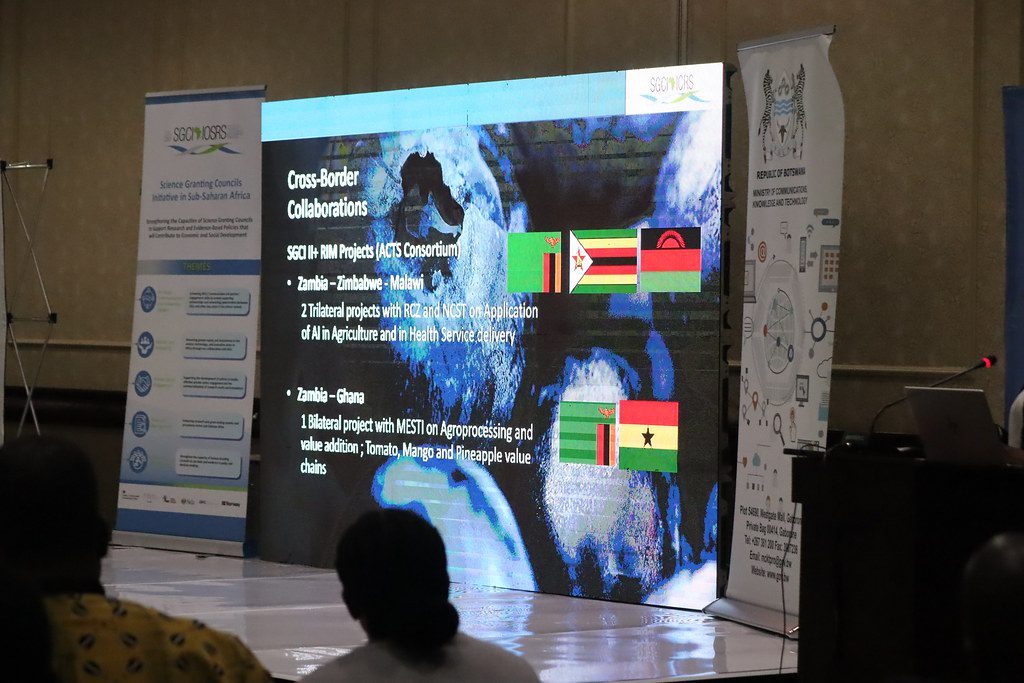SGCI News
It is with deep sadness that the Science Granting Councils Initiative (SGCI) in Sub-Saharan Africa family has learnt of the untimely passing of Mr. Filipo Zulu, Acting Executive Secretary, National…

It is with deep sadness that the Science Granting Councils Initiative (SGCI) in Sub-Saharan Africa family has learnt of the untimely passing of Mr. Filipo Zulu, Acting Executive Secretary, National Science and Technology Council (NSTC), Zambia.
Since the inception of the SGCI, Mr. Zulu has led engagements of the SGCI, initially as the SGCI coordinator and subsequently as the Head of Research Council, Zambia.
His wisdom, leadership, and exceptional contribution to the initiative and to strengthening science, technology, and innovation (STI) capacities in Zambia, in the Southern Africa Development Community, and continentally are celebrated and will be sorely missed.
Filipo was instrumental in incubating and implementing various bilateral and multilateral engagements between NSTC and other science councils on and beyond the African continent.
He was passionate about the link between science and policy and saw a key role of science granting councils in catalysing greater engagement at this interface.
He was passionate about building an enabling environment to build research capacity and leadership in Zambia and for the continent.
He was passionate about the role of science granting councils in science engagement, especially with society in general, with the next generation of scientists and academics, and with industry players.
The SGCI family joins Filipo’s family and friends, the NSTC network, and the science, technology, and innovation fraternity in mourning the loss of a beloved colleague and friend.
Related News
How Zambia’s science council is funding research that matters
When Zambia’s National Science and Technology Council (NSTC) was established in 1997, its founding vision was to harness science, technology, and innovation to improve the lives of ordinary Zambians. More than two decades later, that vision is increasingly taking shape through a growing portfolio of…
Voices of SGCI: Council leaders on the direction and ambition of SGCI 3
At the African Union’s Science, Technology and Innovation Week in Addis Ababa, earlier this month, leaders of science granting councils reflected on what SGCI Phase 3 represents for Africa’s science and innovation systems. From ownership and alignment to stewardship and sustainability, here are their voices…
Building Africa’s science future: inside the SGCI alliance
As Phase 3 of the Science Granting Councils Initiative launches on the margins of the African Union Summit in Addis Ababa last week, the SGCI Alliance Chair explains why this moment marks a decisive turning point for African science. Cephas Adjei Mensah describes what is…
SGCI funded projects
Rwanda’s integrated approach to sustainable agriculture and nutrition
Project Titles & Institution Areas of Research Number of Projects being funded Project Duration Grant Amount In-Kind Distribution Council Collaboration with other councils





